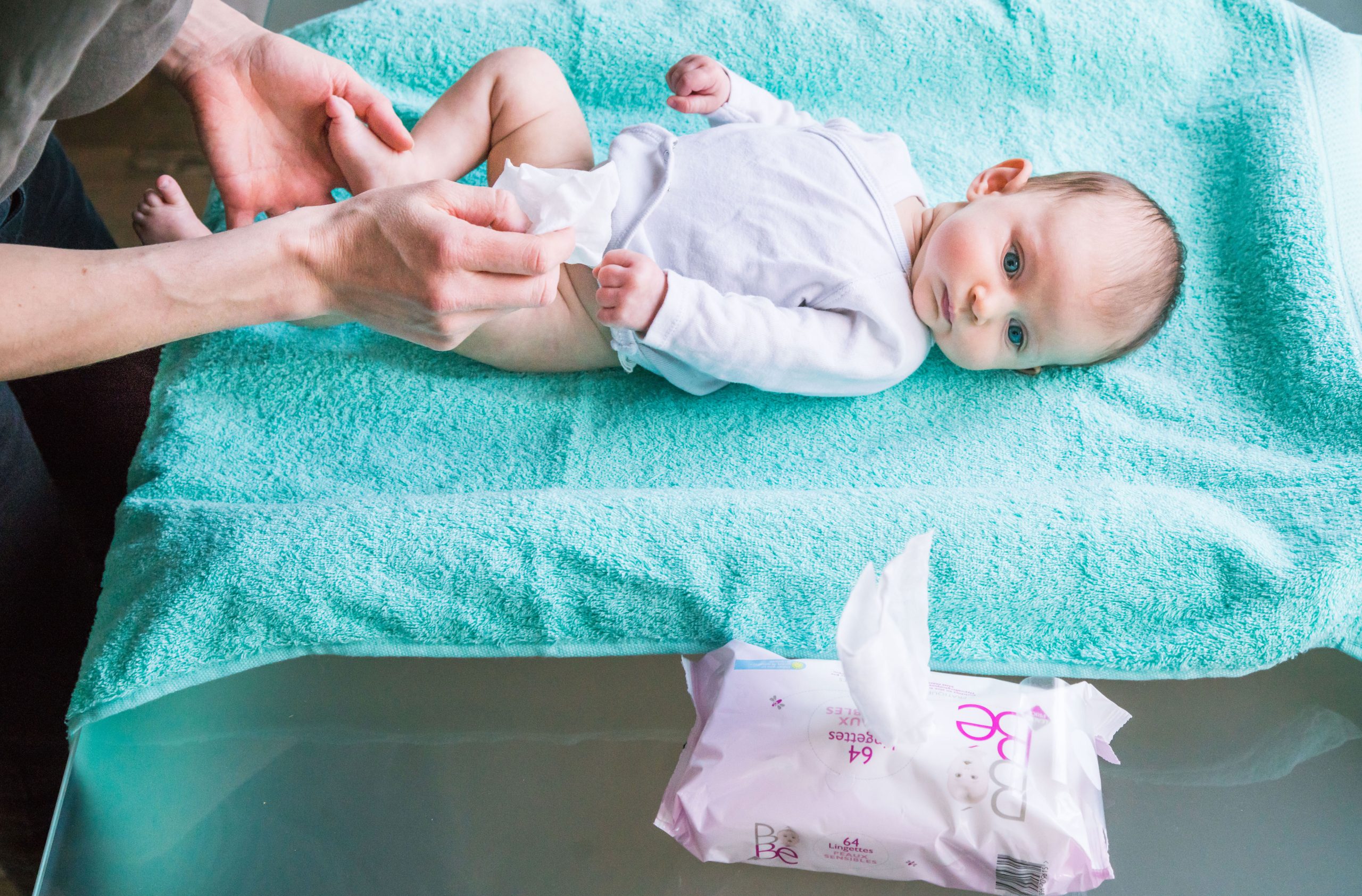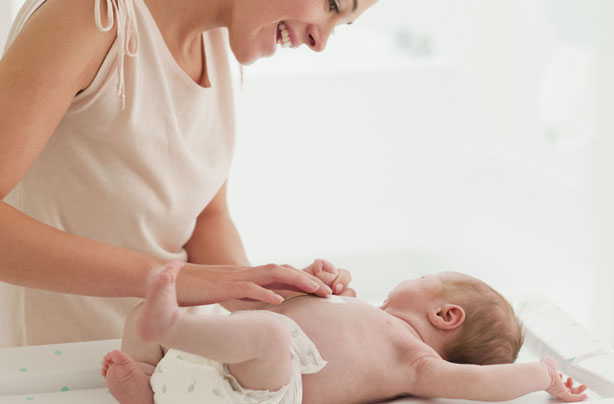Parents warned to limit use of baby wipes as study links them to rise in food allergies
A study, published in the Journal of Allergy and Clinical Immunology, suggests that the wipes may disrupt the skins natural protective barrier due to many of them containing sodium lauryl sulphate (SLS), an ingredient in soap found in baby wipes.

Baby wipes may promote childhood food allergies, scientists have warned.
A study, published in the Journal of Allergy and Clinical Immunology, suggests that the wipes may disrupt the skin's natural protective barrier due to many of them containing sodium lauryl sulphate (SLS), an ingredient in soap found in baby wipes.
According to researchers at Northwestern University, if wet wipe residues are not rinsed off, babies are then vulnerable to absorb allergy-causing chemicals when they’re picked up or touched.
However, the infant must already carry certain genetic mutations that affect the skin, with the study suggesting a mix of environmental and genetic factors must coexist to trigger a food allergy.
'This is a recipe for developing food allergy,’ said the lead author of the study, Joan Cook-Mills, a professor of allergy-immunology at Northwestern University.
‘It’s a major advance in our understanding of how food allergy starts early in life.’

Using baby mice with eczema, scientists exposed their skin to food allergens like peanuts – but that alone wasn’t enough to cause an allergy in later life.
GoodtoKnow Newsletter
Parenting advice, hot topics, best buys and family finance tips delivered straight to your inbox.
After reading about studies where drugs were delivered through the skin using soap to break down the barrier, Professor Cook-Mills said: ‘I thought, “oh my gosh! That’s infant wipes!”’.
Repeating the experiment, the researchers applied sodium lauryl sulphate to the skin of the mice before exposing them to common food and other allergens over a two-week period.
The researchers found the mice developed a rash at the skin exposure site, as well as having allergic reactions and anaphylaxis – the shock response in serious allergies.
Around eight per cent of British children are thought to suffer from a food allergy.
Professor Cook-Mills advised parents should reduce the use of baby's exposure to the wipes and always wash their hands before touching the baby, in a bid to avoid the problem.
He said: ‘Reduce baby’s skin exposure to the food allergens by washing your hands before handling the baby.
‘Limit use of infant wipes that leave soap on the skin. Rinse soap off with water like we used to do years ago.’
A Freelance Writer and Content Editor, Jenni has been working on the women's lifestyle team at TI-Media on and off for over three years. She writes about your favourite celebrities and TV shows so you never miss an update. Jenni also writes beauty news and features - so for all of your skincare and make-up needs, drop her a line.